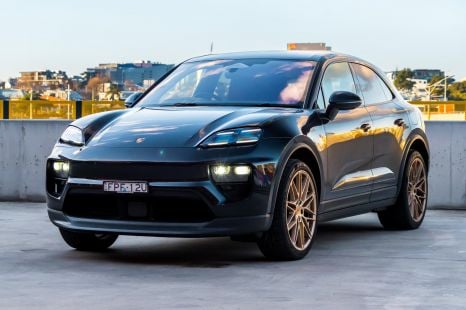

James Wong
2026 Porsche Macan review: Long-term introduction
5 Hours Ago

News Editor
The cost of entry into a new electric Audi isn’t getting any lower, with the small Q4 e-tron still not locked in for a local launch.
That’s despite a proclamation last month from Paul Sansom, the managing director of Volkswagen Group Australia which oversees the Audi brand among others, that VGA will become “the most significant source of electric vehicles in this country”.
The MEB-based Q4 e-tron is now looking like it’ll be beaten to market by the MEB-based Cupra Born, due here late this year.
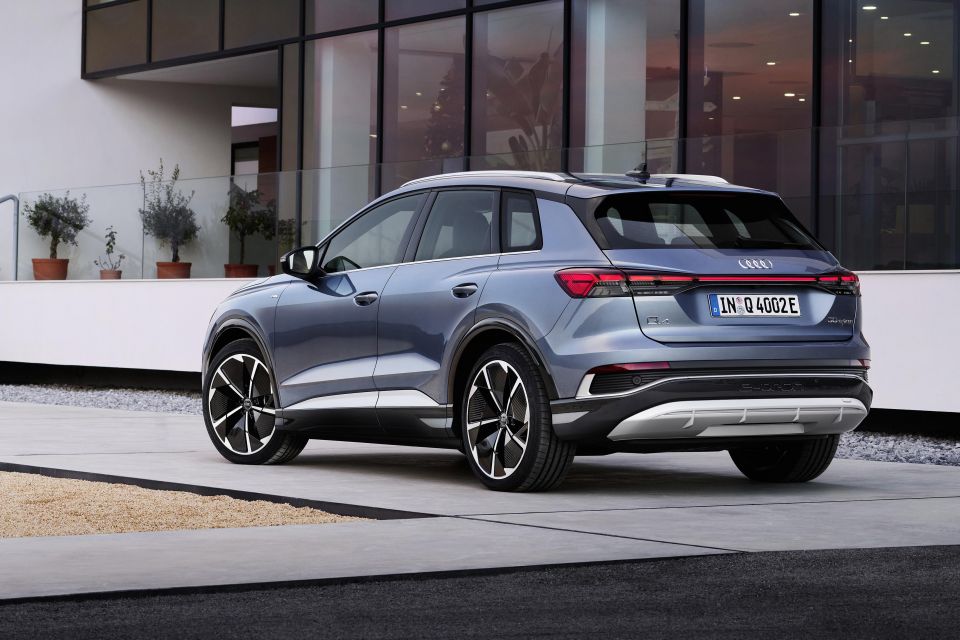
“There’s other markets with priority and there’s lots of demand for the car – supply can’t keep up with it,” said a spokesperson for Audi Australia, adding the local arm is “still being patient”.
The spokesperson cited the lack of policy levers in place like federal electric vehicle subsidies and fleet emissions targets, as well as Australia being a smaller market.
Europe’s strict legislation and looming penalties for non-compliance have seen countless manufacturers prioritise plug-in hybrid and EV sales for that region to avoid massive fines.
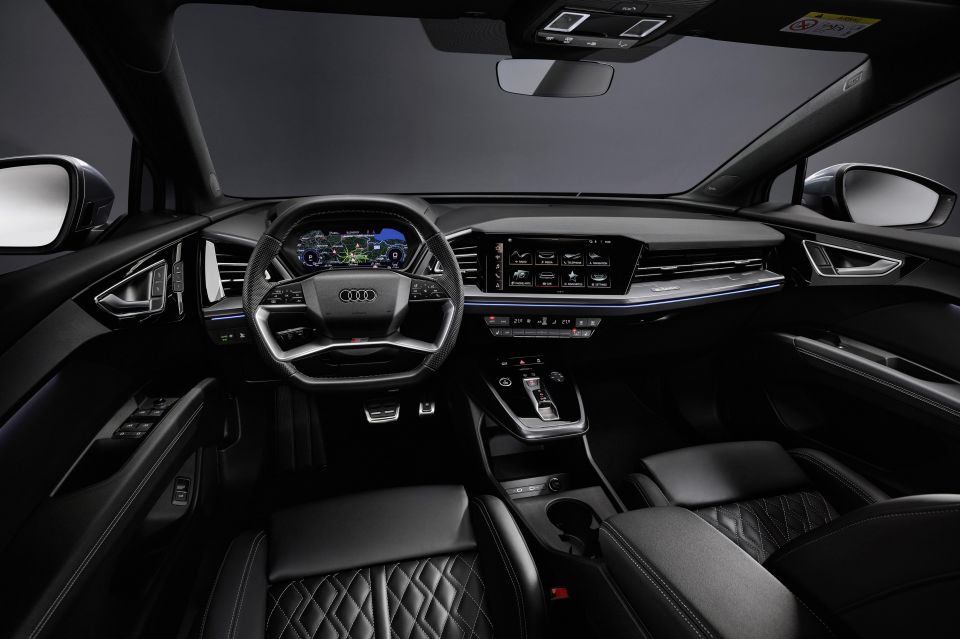
The Q4 e-tron has also been affected by supply shortages as a consequence of Russia’s invasion of Ukraine, which has forced Audi to briefly pause production of various models.
The related Skoda Enyaq and the Volkswagen brand’s MEB models aren’t due here until 2023 at the earliest, so for now it’s not just Audi lacking an EV under $100,000 – it’s the entire VGA portfolio.
In the Audi line-up, the large e-tron crossover starts at $139,900 before on-road costs, while the upcoming e-tron GT is pricier still.
Audi’s lack of a presence in the small electric SUV stands in stark contrast with other major luxury brands in the Australian car market.
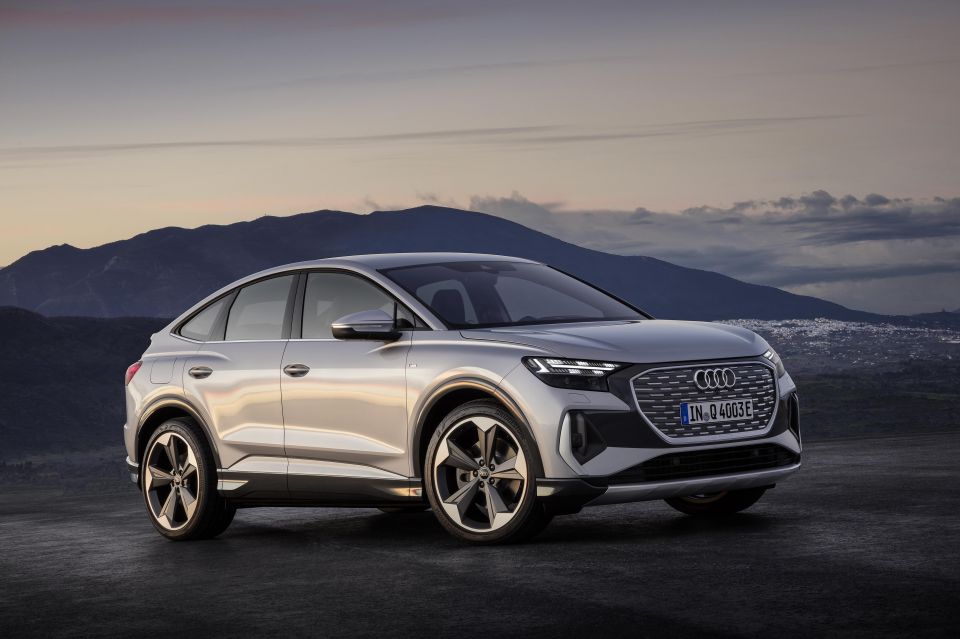
Lexus has its UX300e, Mercedes-Benz its EQA and Volvo its XC40 Recharge.
BMW has also confirmed it’ll launch the yet-to-be revealed iX1 in Australia, while the small luxury electric SUV segment will also be bolstered with the launch of the Volvo C40 Recharge and Mercedes-Benz EQB.
The EQA was Australia’s second best-selling EV in the first quarter of 2022 with 318 sales, ahead of the XC40 Recharge (131) and UX300e (29).
MORE: Tesla Model 3 dominates Australian electric vehicle sales for Q1, 2022
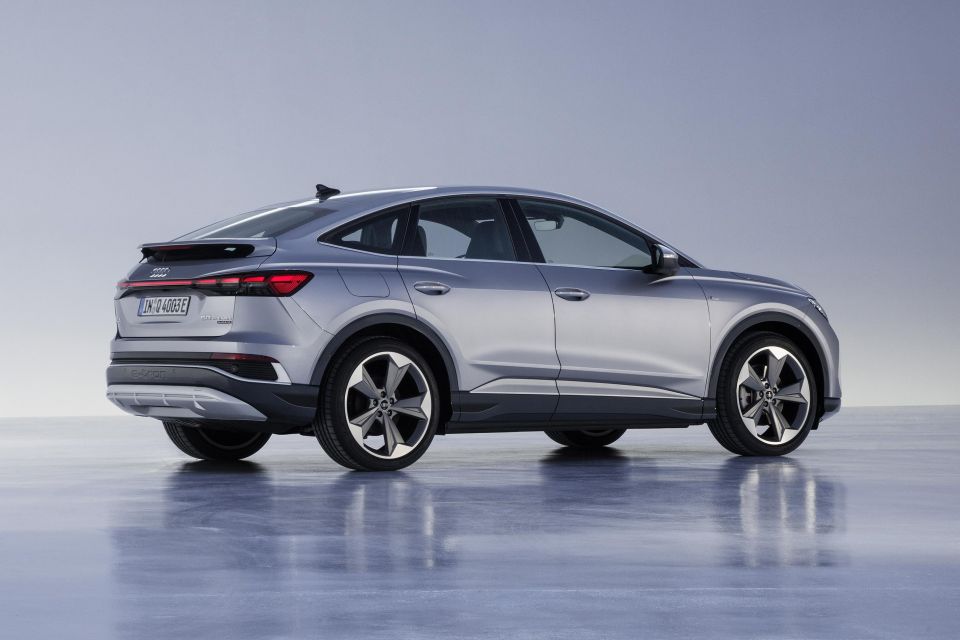
The Q4 e-tron was revealed back in April 2021, and is available in both wagon and Sportback guise with a choice of single-motor rear-wheel drive and dual-motor all-wheel drive powertrains.
Four drivetrain variants are offered abroad: the 35, 40, 45 quattro and 50 quattro. Power outputs range from 125kW to 220kW, while range starts at 308km (35 e-tron, WLTP) at its lowest to 520km (40 e-tron, WLTP) at the top end.
Base 35 e-tron models feature a 55kWh lithium-ion battery pack, while all other variants get a larger 82kWh unit.
Where expert car reviews meet expert car buying – CarExpert gives you trusted advice, personalised service and real savings on your next new car.
William Stopford is an automotive journalist with a passion for mainstream cars, automotive history and overseas auto markets.


James Wong
5 Hours Ago
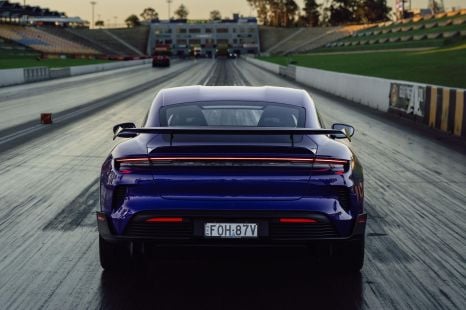

Toby Hagon
12 Hours Ago
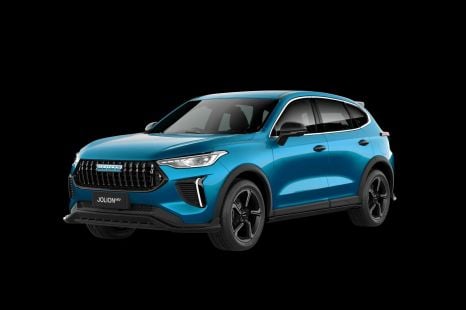

William Stopford
13 Hours Ago
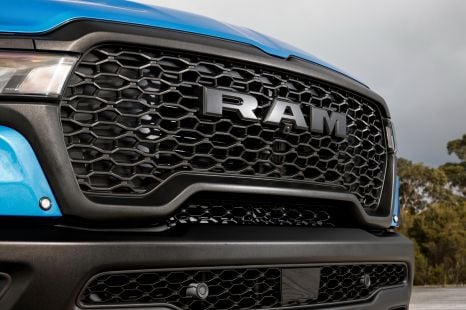

William Stopford
13 Hours Ago
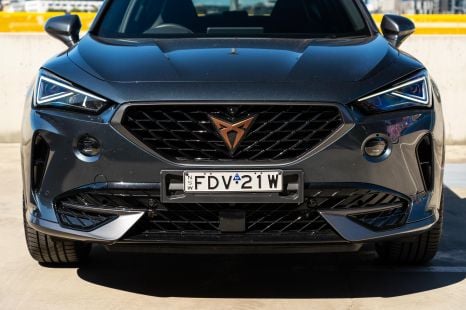

James Wong
15 Hours Ago
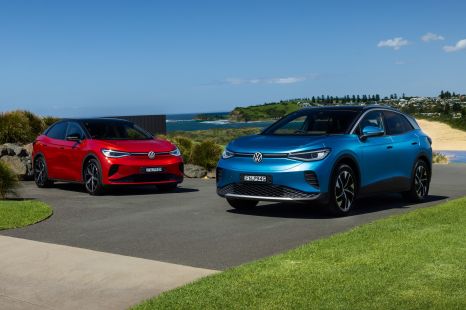

Damion Smy
16 Hours Ago